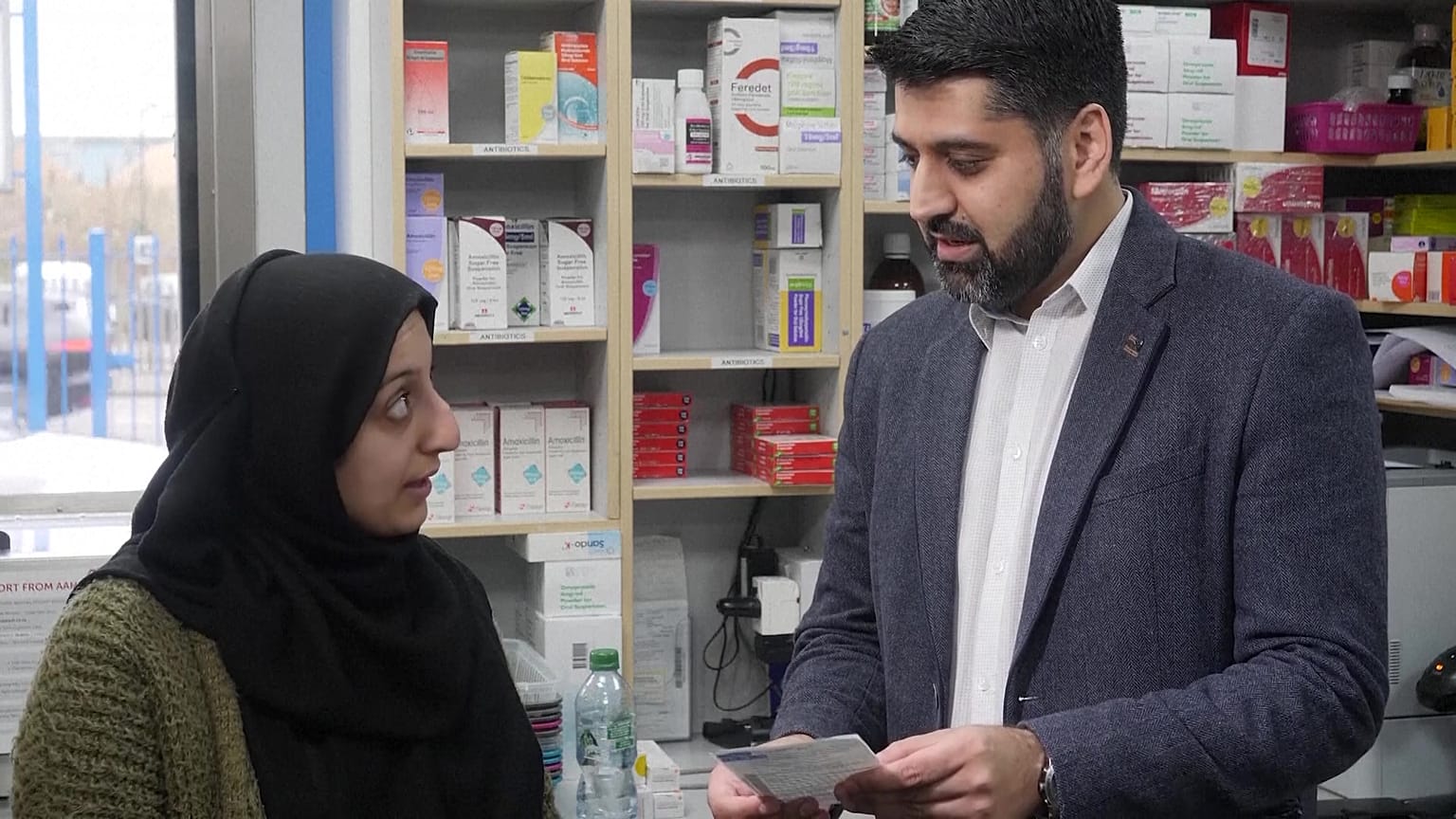Ramadan calls on Muslims to fast from sunrise to sunset - but what about patients on diabetes drugs or other medications?
Millions of Muslims around the world are preparing for Ramadan, a month of prayer, self-reflection and fasting.
The holy period, which starts later this week, calls on Muslims to abstain from eating or drinking between sunrise and sunset, to remember those who are less fortunate and to practice gratitude.
However, fasting is not easy for believers with chronic illnesses, and physicians are urging those on medication to seek medical advice first.
In the UK, doctors and clinical pharmacists have been consulting with patients and prescribing changes in their drug regimens to allow them to fast without putting their health at risk.
They say chronically ill patients should ideally try out small periods of fasting and seek different medications well before Ramadan begins.
Muslim doctors from the British Islamic Medical Association have also compiled a “Ramadan Compendium” to inform patients and other doctors about how to manage medication using clinical, evidence-based studies.
“If a patient has a complex medical condition such as they have kidney disease and they are on dialysis, it is not appropriate for them to fast,” said Bilal Shah, a clinical pharmacist at Ambar Medical Centre in Walsall in the West Midlands.
The practice has a large Muslim population among its patients, many of whom have type 2 diabetes.
“Our job as clinical pharmacists is to rationalise their medication and their regime and see what we can do to try and change their medication to see if we can give them a long-acting preparation rather than one that they’ll take three or four times a day,” Shah said.
The British Islamic Medical Association has also collaborated with Walsall’s Aisha Mosque to help prepare the congregation weeks in advance during special Q&A sessions.
‘No pressure’ for people with chronic diseases
Saeed says there is no pressure for people with serious health issues to fast - instead, they’re encouraged to do acts of charity.
Mehrunnisa Husain has suffered from rheumatoid arthritis for over 20 years and also has asthma.
But she is determined to fast, so she has practised changing the timing of her medication and says she knows her religion exempts her if the pain from her condition becomes too difficult to bear.
“Many days, you have to go with the painkillers,” she said.
Saad Uddin, who has had diabetes for over two decades, is also adjusting the times at which he takes his medication, to after sunset and before sunrise.
Uddin’s wife has diabetes too – and together, they have learned ways to manage the disease while observing Ramadan.
“We are having plenty of fluid like water and plenty of salads, green salads. That helps us to survive all day, and in the daytime, we check our blood sugar,” he said.
For more on this story, watch the video in the media player above.


















